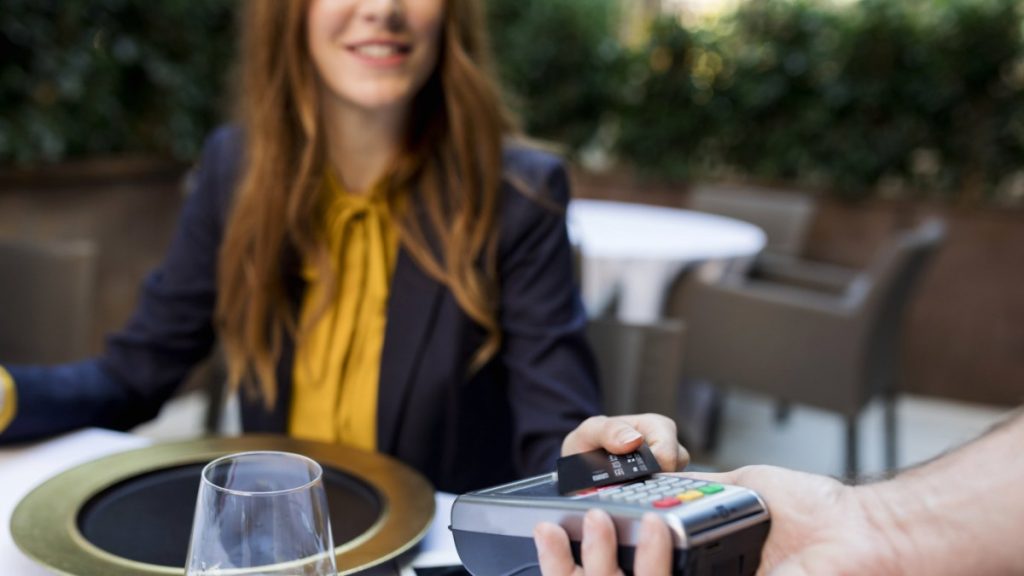After dessert, coffee, and one last chat with the round table, it’s time to make decisions again. Because when the bill is shown on the table, many questions arise. Together or separately? If someone pays the bill in full, who pays it? And is it too silly to ask for a tax invoice? Finally, how much reasonable advice would be to show appreciation for service, food, and atmosphere?
From a practical point of view, on the other hand, there are quite a few questions. But one of them: cash or card? Waiters are supposed to be happier if the guest pulls out their wallet to pay the bill in cash. Because economists like about Vikas Kakkar from the University of Hong Kong in Journal of Behavioral and Experimental Economics Report, guests then tip more than if they paid by card. According to the researchers, those who hand out banknotes and coins make their transactions more visible to others at the table compared to paying with a card. This increases the incentive not to get carried away and in this way polishes one’s image as a generous person.
Scientists collected their data at a large Chinese restaurant in Hong Kong. In total, they evaluated 572 transactions, all of which were performed during lunchtime. According to Kakkar economists, the restaurant automatically adds a 10 percent service charge to the bill, which is a standard practice in Hong Kong. So it is not necessarily necessary to add a tip to this, but of course it is desirable from the point of view of the waiter. The probability of this happening was much higher when guests pay with cash. In this case, 49 percent of them gave a tip. If they paid the bill by credit card, only 31 percent gave the waiters an extra amount.
Image maintenance tips?
The authors write that this initially conflicts with some findings from behavioral economics. According to this, people are more likely to spend money, and somewhat more recklessly, when they pay by card. On the other hand, because they often lack an accurate overview of their financial situation; On the other hand, because the psychological pain is a little greater when you have to part with the banknotes that are actually available – or: were.
From this alone, the researchers concluded that relatively higher amounts of cash are paid in the restaurant for reasons of image development. Other findings also support this: Guests were more likely to not tip if they ate alone. In the end, except for the cellars, there was no one to impress him. Only 16 percent of guests who dined alone gave a tip at all. On the other hand, the larger the group at the table, the more likely you are to tip – especially if the bill is paid with cash. Then the tip was a bit more generous.
By comparison, male guests were also more generous than women: they were more likely—about 10 percent—to tip at all, then on average more than female guests. Presumably, men find it somewhat important to present themselves to large groups as being generous and thus also prosperous.

“Total coffee aficionado. Travel buff. Music ninja. Bacon nerd. Beeraholic.”







More Stories
Researchers detect extremely high-energy gamma rays
Anxiety disorders in old age increase the risk of dementia
Researchers are particularly fascinated by these exoplanets.